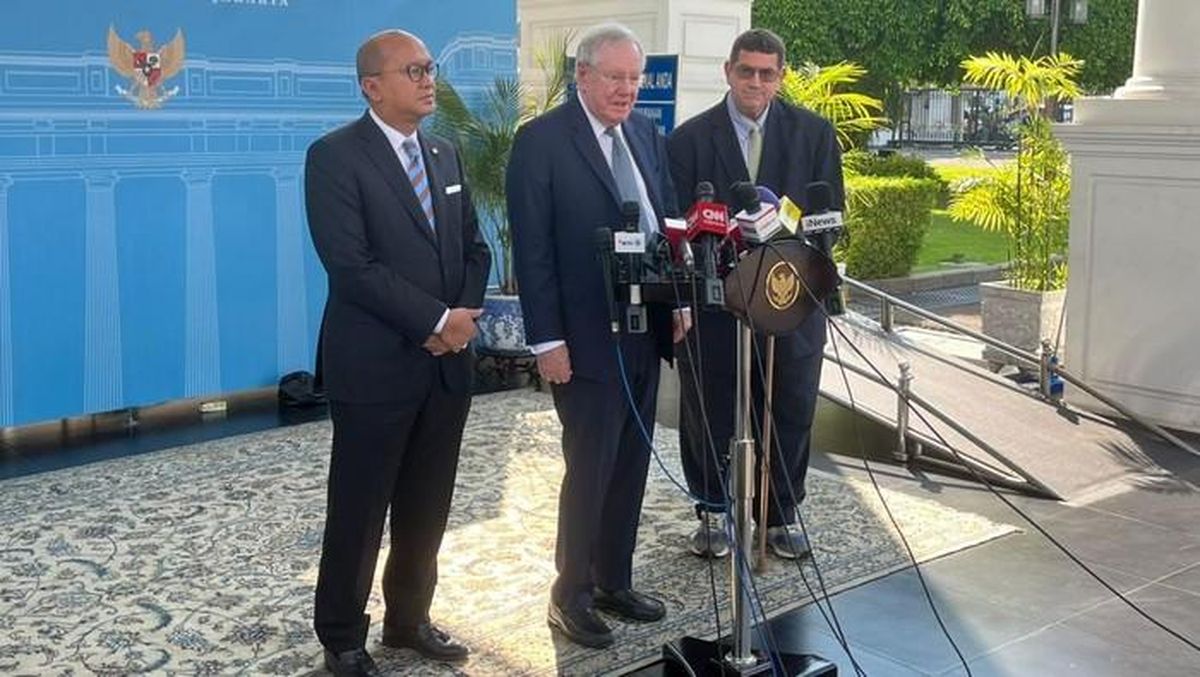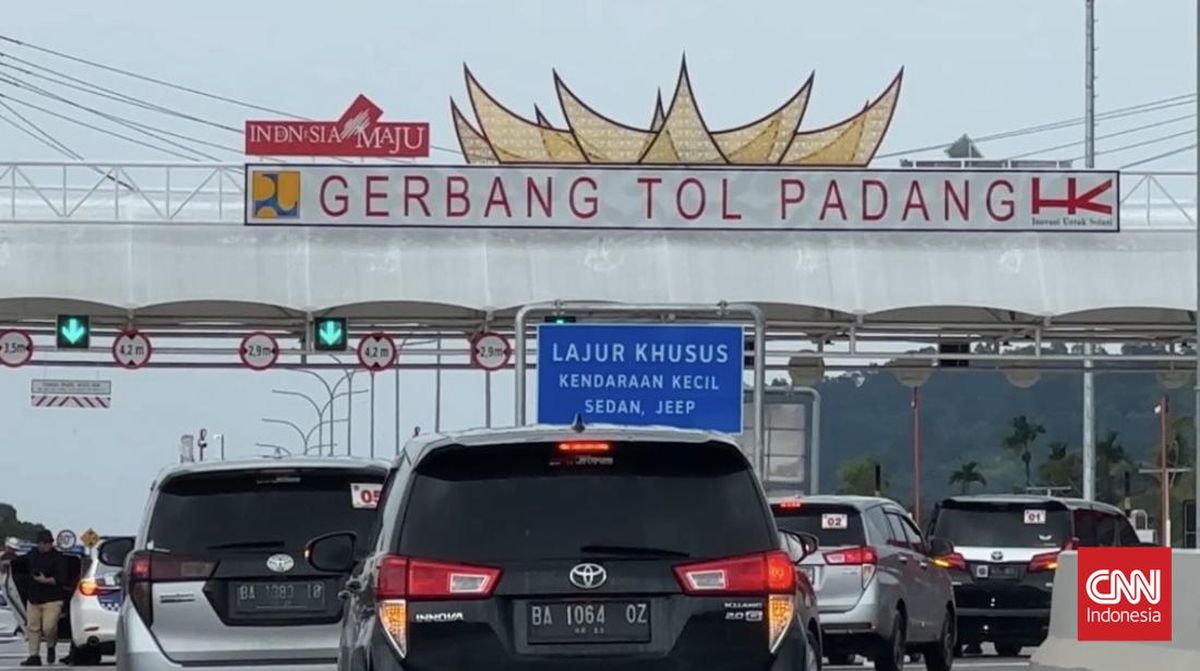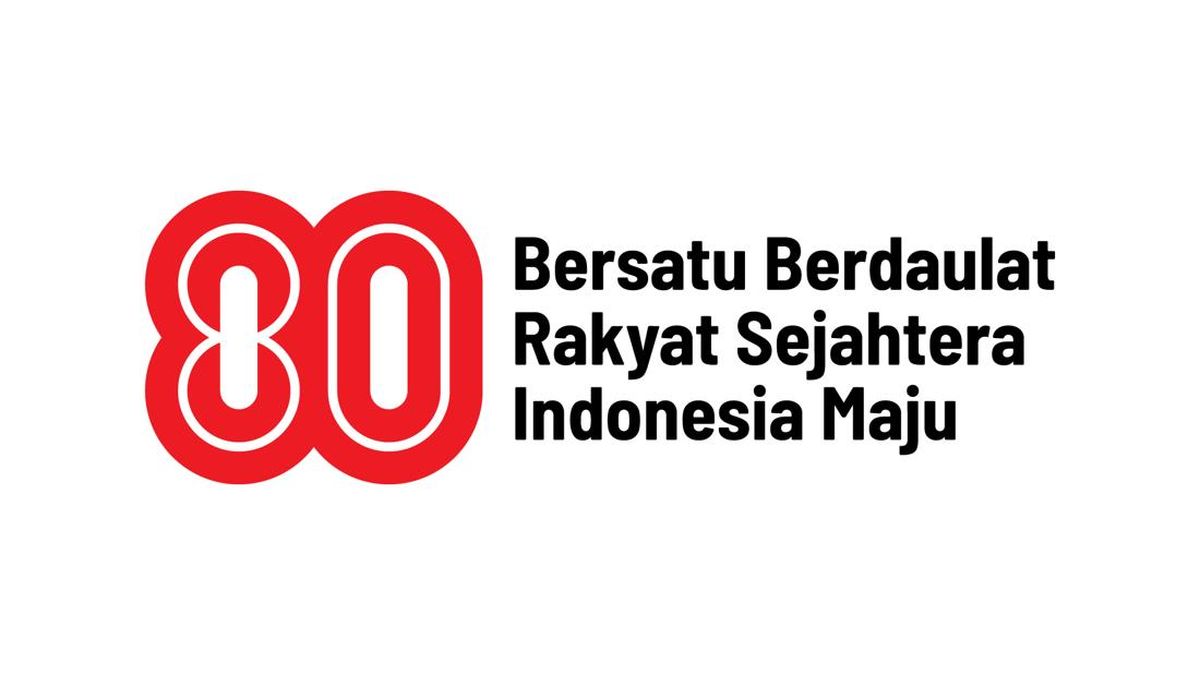Another 950 jobs to be slashed from NSW Transport department
We’re sorry, this feature is currently unavailable. We’re working to restore it. Please try again later.
About 950 white-collar jobs will be slashed from NSW’s transport department including back office roles, on top of cuts to 300 senior management roles which are already well advanced.
Transport for NSW secretary Josh Murray revealed the extent of the latest job cuts in an internal staff memo on Wednesday morning. They are part of changes to the agency’s “operating model and financial sustainability”.
He acknowledged that the job cuts were significant and would be “concerning news for many people”.

About 950 jobs will be cut from Transport for NSW.Credit: Oscar Colman
The 950 jobs to be slashed from Transport for NSW comprise both award roles and senior managers, and will include back-office jobs from administration, technology and communications.
Murray said he intended to minimise the impact on frontline employees and staff in regional areas as “much as possible”.
Loading
The latest job cuts are in addition to previously announced cuts of 300 senior executive roles, of which more than 200 have already been made.
The job cuts are expected to be completed by the end of the year, and follow a financial expenditure review commissioned by the Minns government after the 2023 state election. The government’s election commitment was to reduce public-sector executive roles by 15 per cent.
Transport for NSW has about 15,000 staff while about a further 15,000 people are employed at other transport agencies at Sydney Trains and NSW TrainLink. The announced job cuts are not at the latter agencies.
Unions were briefed on the job cuts on Wednesday morning.
Murray said centralising parts of Transport for NSW such as communication, procurement, project support, business support and technology was key to the agency’s “new statewide model”.
“In the last five years Transport for NSW underwent a significant period of growth – with a 30 per cent increase in the [transport senior service manager] and award cohort combined. This largely occurred during and after the COVID period with 3000 extra staff appointed,” he said in the internal memo.
“We have to get back to a model that is sustainable for the long term. That also means reducing duplication, removing unclear reporting lines, and ensuring all our people are clear on what’s expected of them.”
Start the day with a summary of the day’s most important and interesting stories, analysis and insights. Sign up for our Morning Edition newsletter.
Most Viewed in National
Loading














































